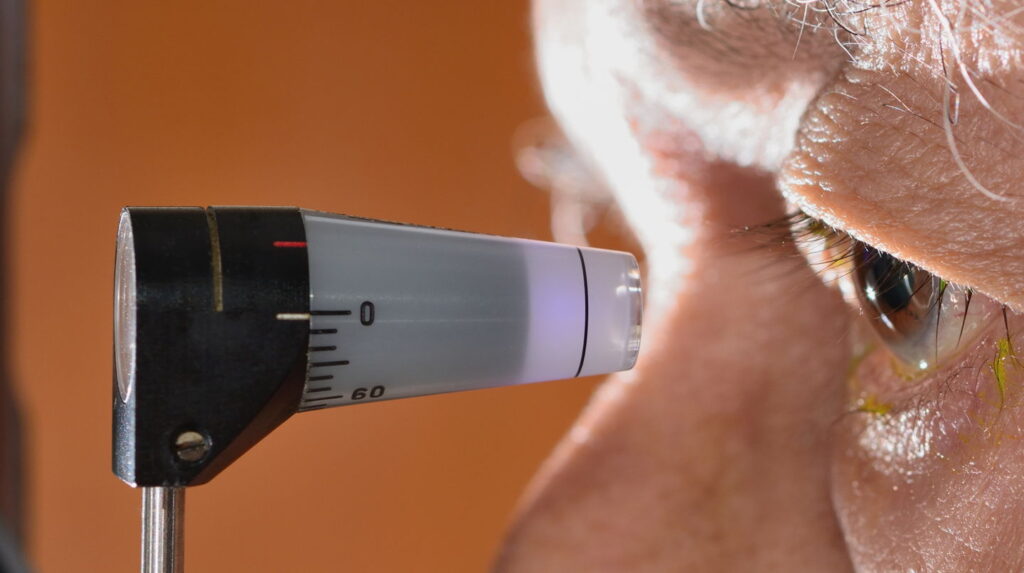
Glaucoma is a group of eye conditions that damage the optic nerve in the eye due to increased eye pressure. It can be a debilitating condition, leading to progressive vision loss and blindness (in the worst-case scenario). It impacts your quality of life and can cause irreversible damage if not treated in time. Surgical intervention becomes necessary when your symptoms start interfering with your routine. Here’s more about how glaucoma develops, early treatment options, and when glaucoma surgery becomes crucial.
Glaucoma is also known as the silent thief of sight. It can cause vision loss without any evident symptoms. Millions of Americans suffer from glaucoma (4.2 million!) and don’t even know until something worse happens. This condition is also one of the leading causes of irreversible blindness around the globe.
The condition starts with damage to the eye’s optic nerve, which connects the eye to the brain and transmits visual information. Generally, there are two types of glaucoma: Open Angle Glaucoma, which is symptomless and often progresses slowly, and Angle-Closure Glaucoma, which leads to sudden damage and can be dangerous, as a swelling in the eye’s iris blocks the drainage of fluid.
Early glaucoma symptoms can include difficulty seeing in low light or at night, headaches, and cloudy vision. With time, you can notice a loss of side vision, also called peripheral vision. You might also have throbbing eye pain and see halos around lights.
While the condition can result from increased eye pressure, it can also be caused by normal eye pressure. Improper drainage and aqueous humor build-up cause the pressure to fluctuate and invite all sorts of vision problems. It can also be caused by thinner corneas, an abnormal size of the optic nerve, diabetes, trauma to the eye, and a family history of glaucoma. The condition has no cure, but you can delay its progression with early diagnosis and timely treatment.
Your eye doctor will primarily attempt to lower your eye pressure with medications and eye drops. It’s the first line of treatment to protect your vision and keep your eyes’ drainage system from clogging. A glaucoma specialist in Atlanta can also suggest laser therapy to create new drainage paths so the fluid can flow more freely. Surgery may be necessary when your condition doesn’t respond to these procedures.
Atlanta has some of the finest glaucoma specialists and state-of-the-art surgical facilities for treating even the most complex cases. These experts may recommend surgical intervention for glaucoma in the following instances:
Glaucoma surgery can help prevent further vision loss, but it cannot restore lost vision. There is minimal risk of complications, and it is effective at lowering eye pressure.
There are a few things to consider when getting glaucoma surgery in Atlanta. First, get in touch with a glaucoma specialist with a proven track record and best-in-class facility so you can expect personalized guidance and positive surgical outcomes. Your chosen expert will conduct a comprehensive eye exam, including necessary imaging tests and pressure measurements, to ensure you are a good candidate for the surgery. This will also help maintain a record of your medical history and make critical decisions accordingly.
Most glaucoma surgeries take around 30 to 90 minutes under local anesthesia. You may or may not be required to stay at the center for recovery, so you should ask your specialist any questions before scheduling the surgery. Once the surgery is successfully performed, you will receive proper aftercare tips to ensure your eyes heal as expected. You will be prescribed certain eye drops to prevent infection and inflammation. You might also have to wear protective eyewear for some time.
Initially, your vision could be blurry, but it will improve over time. Follow-up visits will be as crucial as the surgery, as your specialist can monitor the improvements. If you undergo a procedure like MIGS, your recovery period might be shorter, whereas traditional surgeries might require a few weeks of downtime.
It is important to get your eyes checked annually and preserve your vision. You should also stay aware of your overall health and pay attention to anything that seems off. You don’t have to wait for the worst to show up because once glaucoma begins, its damage cannot be reversed. Contact the Milan Eye Center experts for a consultation today and explore your treatment options. Call 678-783-8645 now.
Schedule a consultation with Milan Eye Center today to explore your treatment options.
Schedule Your Free Consultation Here
Or call 678-381-2020